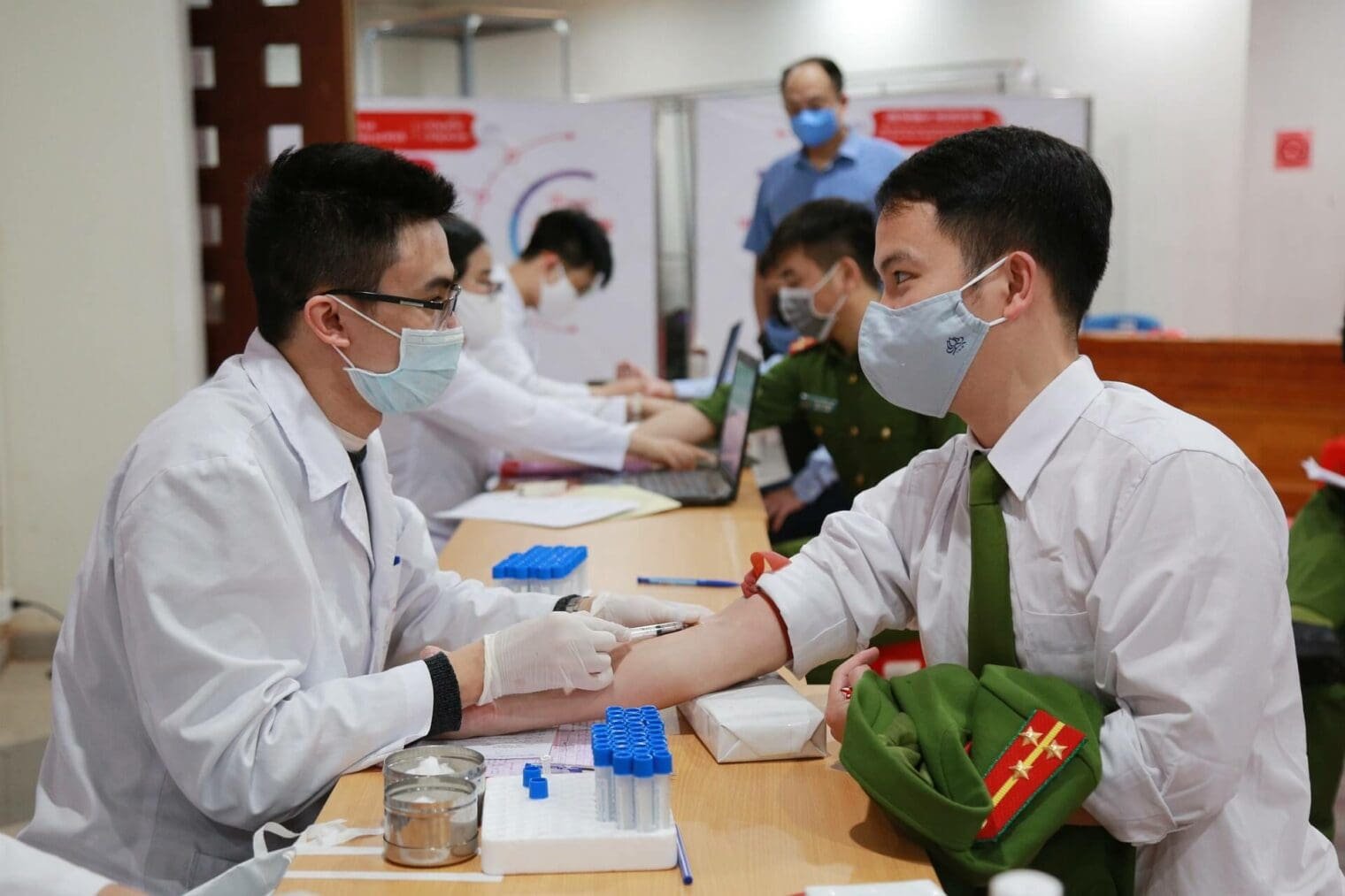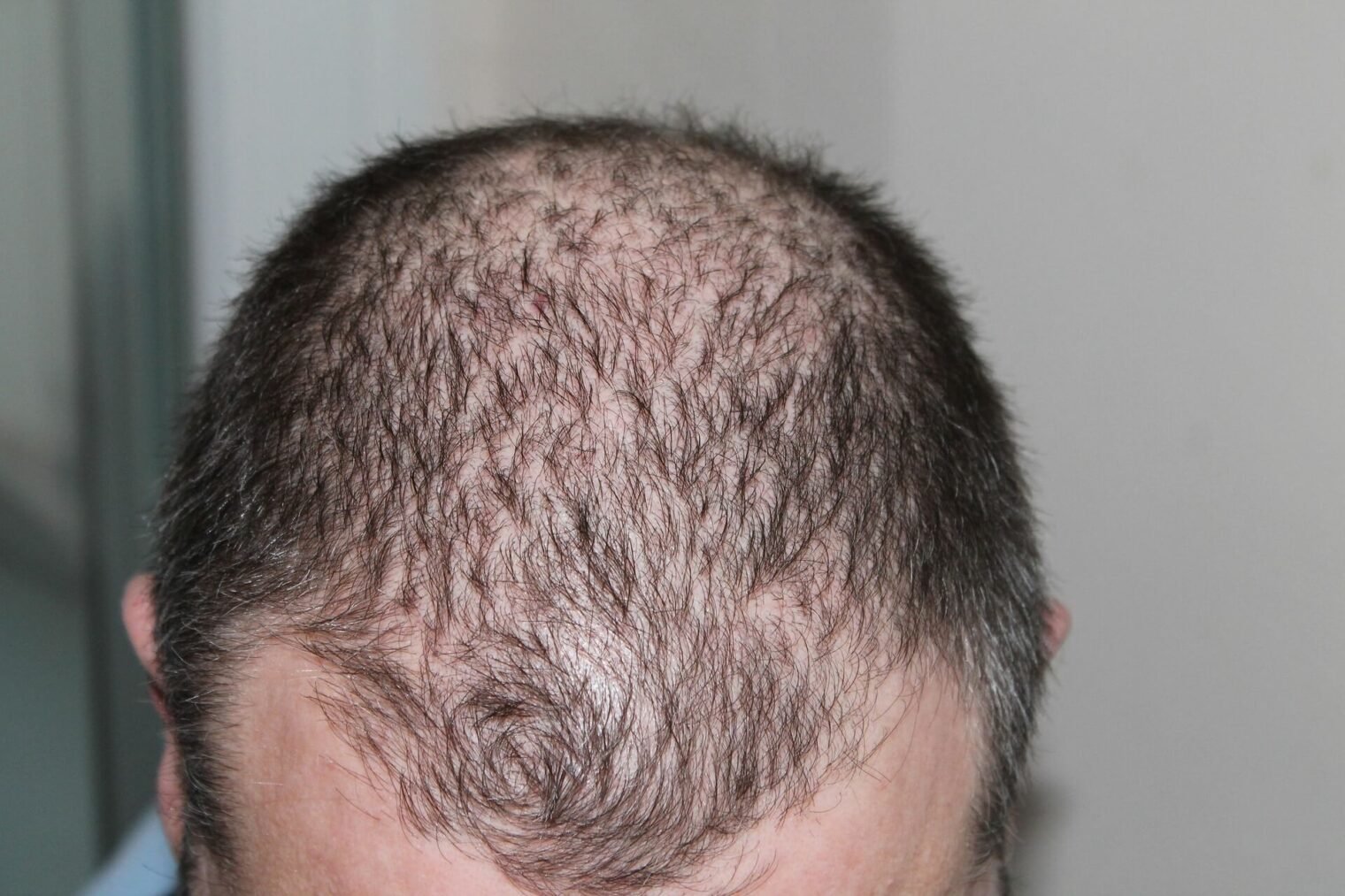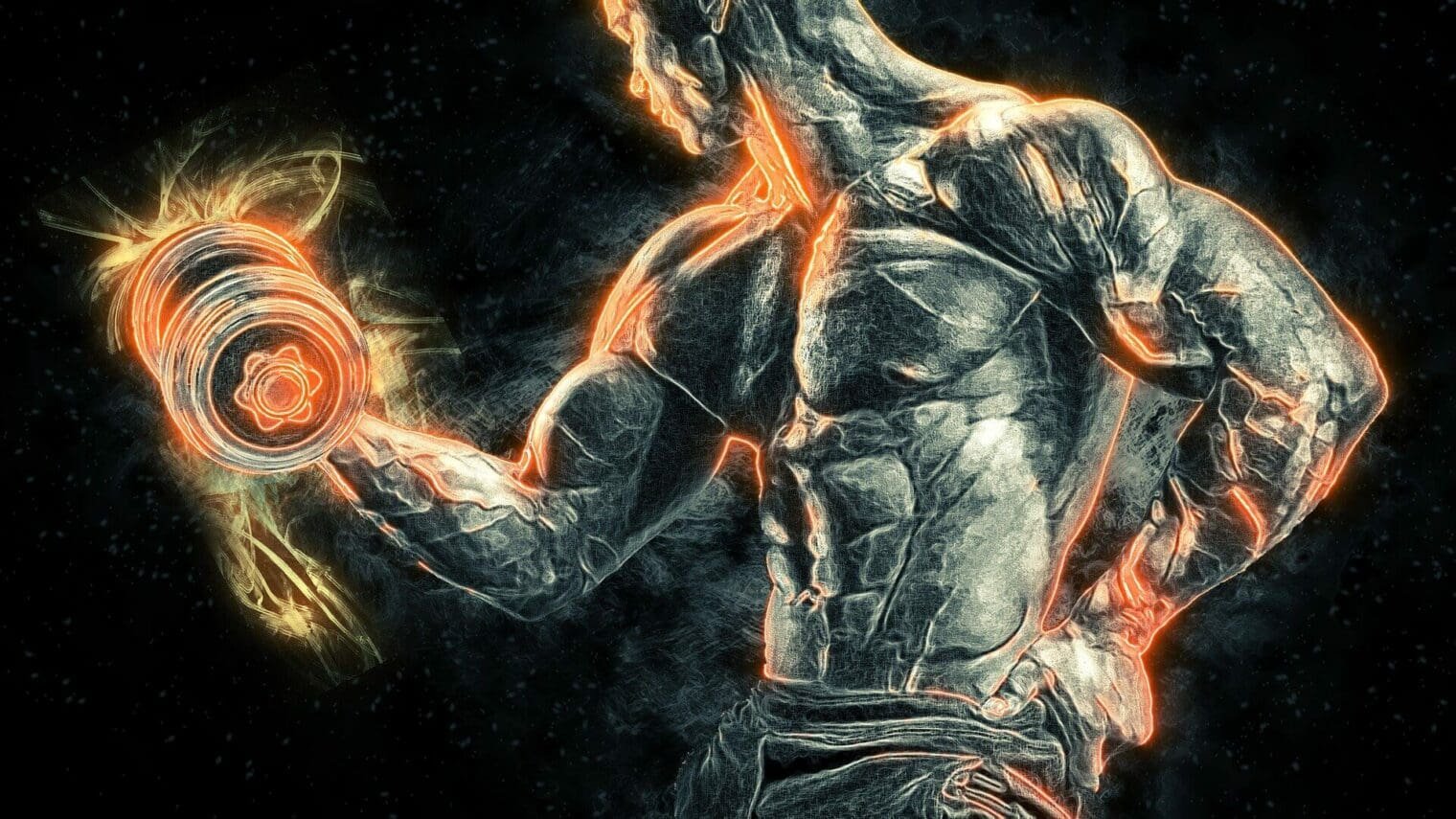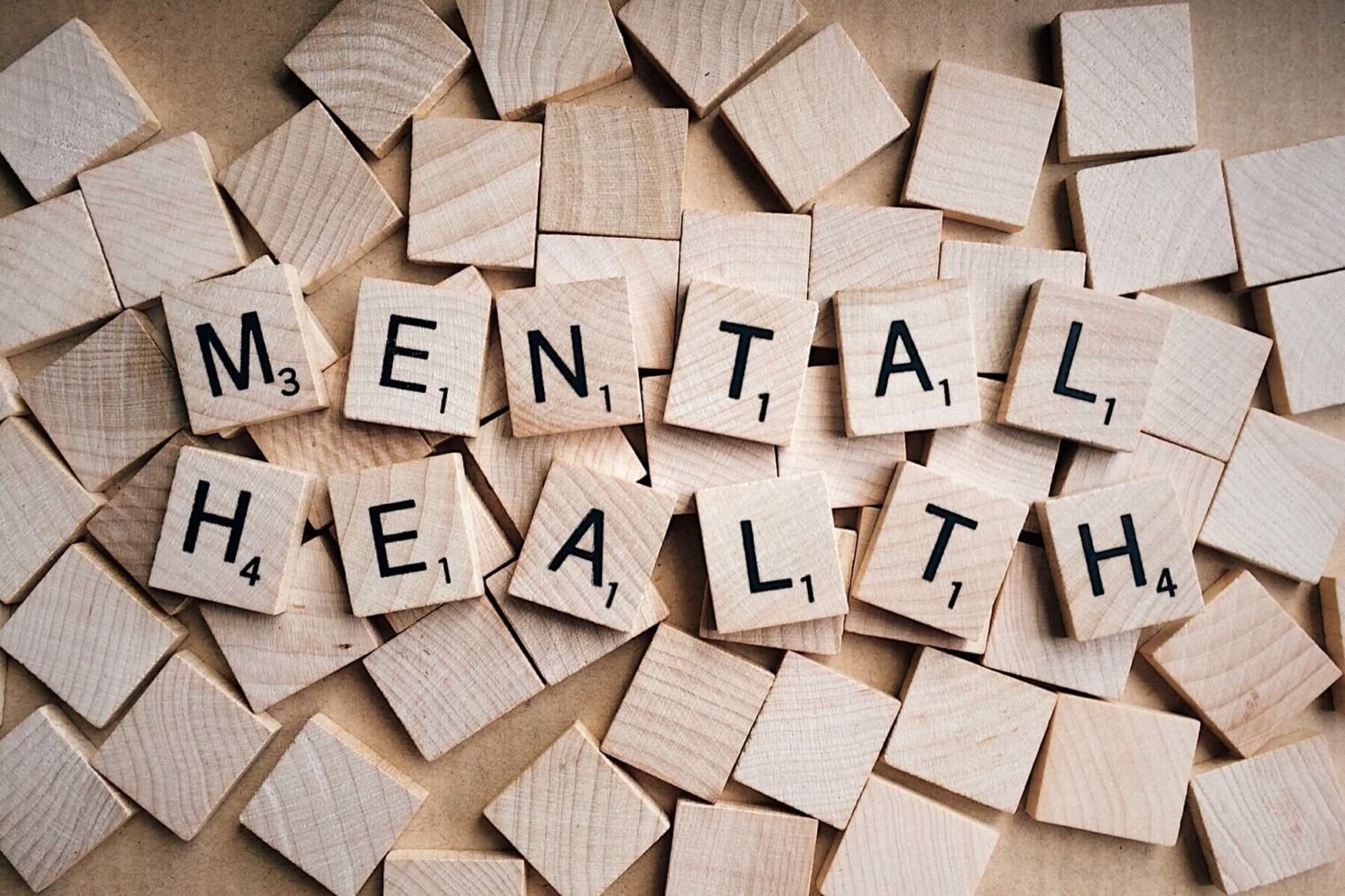Are you looking to learn more about male hormone balance? Hormonal imbalances are not just a women’s issue; they can significantly impact men’s health too. Many men experience symptoms of hormonal imbalance without realising the root cause.
From unexplained mood swings to issues in their sexual health, these signs can be both confusing and concerning. Understanding what is happening inside your body is the first step towards seeking relief.
Did you know that hormone imbalances in men can lead to conditions commonly referred to as “male menopause” or andropause? This reveals how hormonal changes are a natural part of ageing but can also result from lifestyle choices and environmental factors.
This article aims to shed light on male hormone balance, guiding you through its signs, symptoms, and various treatment options available. Find out how simple changes in diet, lifestyle, and medical treatments can make a world of difference.
Discover more about male hormone balance in 2024 with us.
What is a Male Hormone Imbalance?
A male hormone imbalance occurs when the body has too much or too little of certain hormones, affecting various physiological processes. The causes and risk factors for hormonal imbalances in men can include age, chronic stress, poor diet, and medical conditions.
Definition
Male hormone imbalance refers to a condition where the levels of hormones in a man’s body are not balanced. This can affect various aspects of health and well-being. Hormones like testosterone play a crucial role in male health, influencing everything from muscle mass to mood.
An imbalance occurs when there is too much or too little of one or more hormones within the bloodstream.
Understanding different types of hormonal imbalances in men is vital for identifying potential issues. These imbalances can stem from natural changes such as ageing, known as male menopause symptoms, or they may result from lifestyle factors and medical conditions.
The effects vary widely but often impact sexual function, physical health, and emotional state. Moving on, let’s explore the types of hormonal imbalances that can occur in men.
Types of hormonal imbalances in men
Moving from the definition of male hormone imbalance, it’s essential to understand the different types that can occur. Hormonal imbalances in men primarily involve testosterone and other hormones such as cortisol, thyroid hormones, and insulin.
These imbalances can result from various factors including age-related decline, chronic stress, thyroid disorders, and metabolic conditions like diabetes. Each type of imbalance presents its own set of symptoms and requires specific treatment approaches for optimal management.
Hormonal imbalances in men encompass fluctuations in testosterone levels as well as dysregulation of other key hormones like cortisol and thyroid hormones. Age-related decline, chronic stress, thyroid disorders, and metabolic conditions like diabetes contribute to these imbalances through a variety of factors that require careful consideration when developing treatment plans.
Causes and risk factors
Several factors can lead to hormonal imbalances in men. Lifestyle choices such as a poor diet, lack of exercise, and high-stress levels can contribute to hormonal disruptions. Additionally, medical conditions like diabetes, thyroid disorders, or obesity may also impact hormone levels.
Environmental toxins, certain medications, and ageing can further influence male hormone balance.
Genetic predisposition and family history are also significant risk factors for developing hormonal imbalances in men. Furthermore, excessive alcohol consumption and substance abuse can disrupt the endocrine system and affect hormone regulation in the male body.
Signs and Symptoms of Hormone Imbalance in Men
Hormone imbalances in men can lead to changes in mood and behaviour, sexual dysfunction, physical symptoms such as hair loss or weight gain, and even health complications such as osteoporosis.
These can have a significant impact on overall well-being and quality of life, and on male hormone balance.
Changes in mood and behaviour
Mood swings, irritability, and unexplained changes in temperament are common signs of male hormone imbalance. Sudden outbursts, increased stress levels, and even depression can be indications that a hormonal shift may be affecting mood.
Additionally, changes in behavior such as decreased motivation or interest in activities previously enjoyed could signal an underlying issue with hormone balance. It’s essential to seek medical advice if experiencing these symptoms to address any potential hormonal imbalances and ensure overall well-being and optimal male hormone balance.
Sexual dysfunction
Sexual dysfunction encompasses a range of issues that can affect men’s sexual performance and satisfaction. These issues may manifest as erectile dysfunction, low libido, or other difficulties related to sexual function.
Hormonal imbalances, particularly in testosterone levels, can contribute to these problems.
Men experiencing symptoms of sexual dysfunction should seek medical advice to identify the underlying causes and explore appropriate treatment options. This may involve hormone replacement therapy along with lifestyle adjustments and nutritional support to restore hormonal balance and address sexual health concerns effectively.
Physical symptoms
Men with hormonal imbalances may experience physical symptoms such as weight gain, especially around the abdomen, reduced muscle mass and strength, fatigue, decreased bone density leading to an increased risk of fractures, and hair loss. You need to get male hormone balance right away by using the best strategies.
Some men may also have swollen or tender breasts due to an imbalance in hormone levels. These physical changes can significantly impact a man’s overall well-being and quality of life.
Moving on to “Health complications”…
Health complications
Health complications stemming from male hormone imbalances can manifest in various ways. These may include an increased risk of heart disease, diabetes, and osteoporosis due to decreased bone density.
Moreover, hormonal imbalances may contribute to the development of obesity and its related health issues such as high blood pressure and cholesterol levels.
The impact of a male hormone imbalance on overall health underscores the importance of seeking appropriate medical attention and exploring treatment options that address these underlying health risks. This blog about male hormone balance is essential so you can understand your own body.

Treatment Options for Hormone Imbalance
Treating hormone imbalances in men involves various options, including testing and diagnosis, hormone replacement therapy, nutritional support, and lifestyle changes. Complementary natural products can also be considered as part of the male hormone balance treatment plan.
Testing and diagnosis
Testing and diagnosing male hormone imbalances involves a thorough assessment of symptoms, medical history, and physical examination by a healthcare professional. Blood tests are used to measure hormone levels, including testosterone and other relevant hormones.
These tests help in identifying any hormonal imbalances and determining the appropriate treatment plan tailored to the individual’s needs. Additionally, imaging studies such as MRI or CT scans may be recommended to assess the pituitary gland or testes for any structural abnormalities that could contribute to the imbalance.
Furthermore, it is essential for healthcare providers to consider various factors that could impact hormone levels, including medications, lifestyle habits, stress levels, and underlying health conditions.
Hormone replacement therapy
Transitioning from testing and diagnosis to hormone replacement therapy, it is crucial to consider the treatment options available for male hormonal imbalances. Hormone replacement therapy (HRT) involves the use of synthetic or bioidentical hormones to restore balance in the body.
This treatment may include testosterone, thyroid, or other hormones that are administered through patches, gels, injections, or oral medications. HRT aims to alleviate symptoms associated with hormonal imbalances and improve overall well-being for men experiencing such issues.
It is a vital component of comprehensive care when addressing male hormone imbalances and can significantly influence quality of life. This is why you need to know more about male hormone balance.
Nutritional support
Nutritional support is crucial in addressing male hormone imbalance. A diet rich in essential nutrients such as zinc, vitamin D, and omega-3 fatty acids can help regulate hormone levels.
Consuming a balanced diet of whole foods including lean protein, fruits, vegetables, and healthy fats supports overall health and may contribute to hormone balance. Additionally, reducing the intake of processed foods and sugars can aid in managing hormone fluctuations effectively.
Incorporating specific nutrients into the diet has shown potential benefits for addressing male hormonal imbalances. Foods like nuts, seeds, oily fish, and leafy greens are excellent sources of key nutrients that play a role in supporting hormonal health.
Lifestyle changes
Men who have male hormone balance can benefit from making lifestyle changes to support hormone balance. Engaging in regular exercise, particularly strength training, can help increase testosterone levels and improve overall hormone balance.
Additionally, maintaining a healthy weight through a balanced diet rich in whole foods, lean proteins, and healthy fats is essential for supporting hormone production and regulation.
Adequate sleep is also crucial for hormone balance as it plays a significant role in regulating testosterone levels. Lastly, managing stress through relaxation techniques such as yoga or meditation can help reduce cortisol levels and support overall hormonal health.
Complementary natural products
Complementary natural products can play a significant role in supporting male hormone balance. Incorporating certain herbs and supplements such as ashwagandha, maca root, and ginseng into the daily routine has shown promising results in helping to regulate testosterone levels.
Research suggests that these natural products may also aid in reducing stress and improving overall well-being, addressing key factors linked to hormonal imbalance in men. Moreover, embracing a balanced diet rich in essential nutrients like zinc and vitamin D can positively impact hormone production and function.
These natural approaches offer potential support for men seeking holistic strategies to address male hormone balance.
Male Hormone Balance
Uncovering the Secrets of Male Hormone Balance: Signs, Symptoms, and Treatment Options
After exploring male hormone imbalance, we’ve outlined its defining characteristics and causes. It’s important to recognise the signs such as mood changes, sexual dysfunction, and physical symptoms indicating a potential hormonal imbalance in men.
Upon diagnosis, various treatment options including hormone replacement therapy, nutritional support, lifestyle changes or complementary natural products can effectively address these imbalances.
By implementing these practical approaches for identifying and treating male hormonal imbalances efficiently improves overall health and well-being. Emphasising the significance of combating hormone imbalances underscores how these strategies can lead to significant improvements in men’s health.
For further guidance on navigating the complexities of male hormones or tailored treatments towards resolving issues related to male hormone balance in males seek professional advice from healthcare providers who specialise in male hormone balance.














